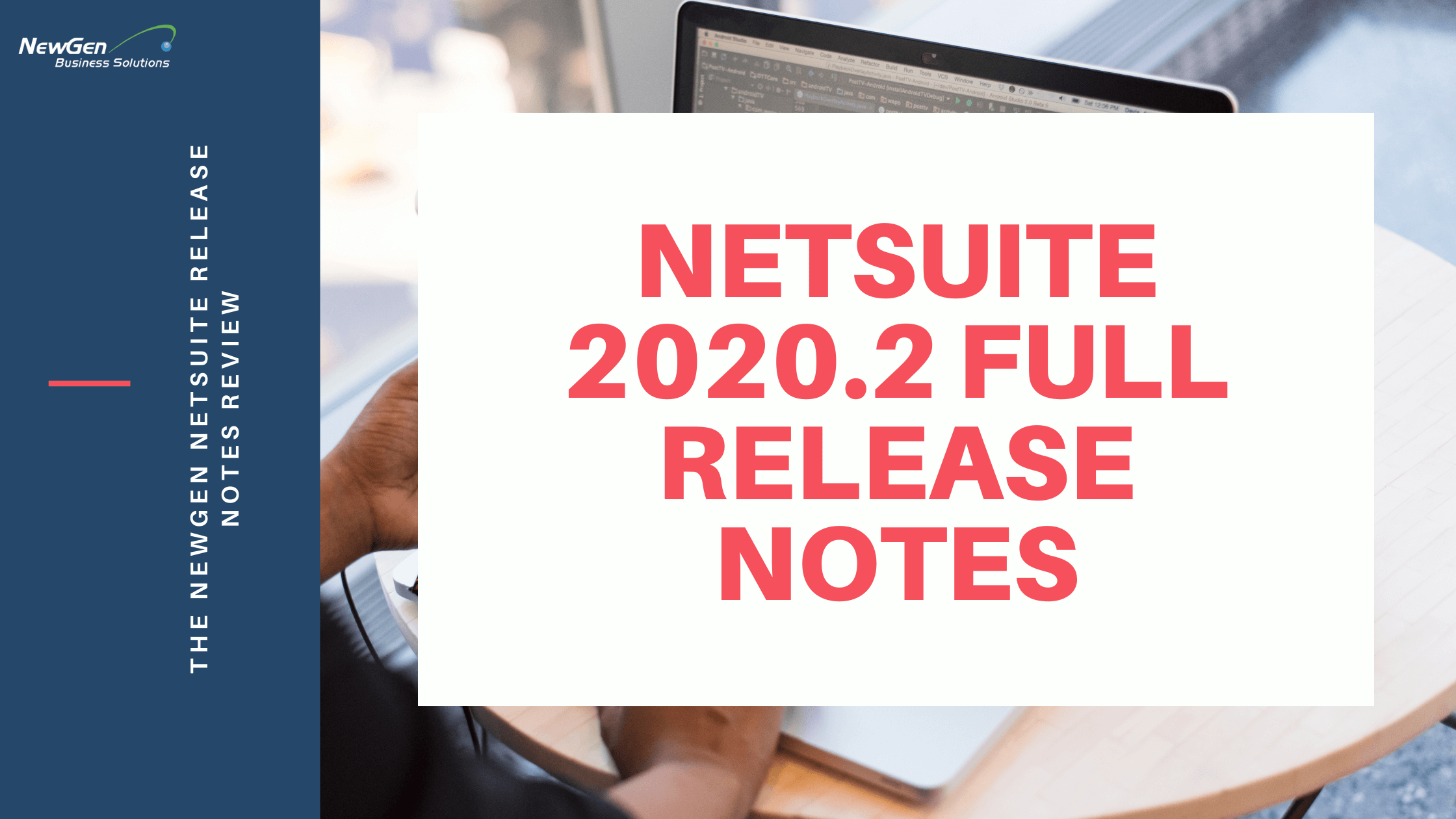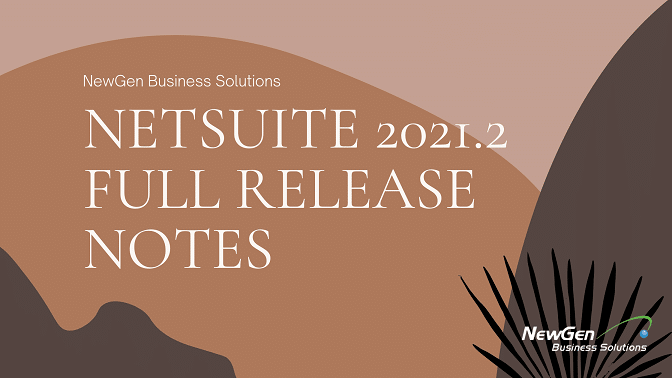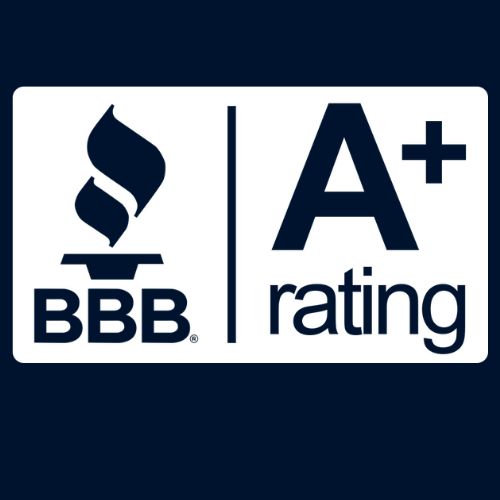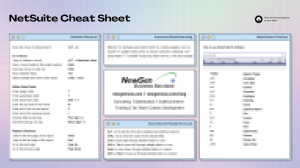[su_youtube_advanced url=”http://www.youtube.com/watch?v=R1TSbHCZ9lk” width=”300″ height=”200″ controls=”no” autohide=”yes” showinfo=”no” rel=”no” modestbranding=”yes” theme=”light” https=”yes”]
Growing companies need ERP systems that can grow with them yet don’t demand weeks or months of implementation and training. But that’s often hard to find. While QuickBooks is great for small firms, for high-growth companies it has its limitations. Cloud-based ERP solutions provide a platform that is scalable, fairly easy to learn, very quick to implement, and capable of being customized as needed. NetSuite’s channel partners have some unique perspective into how NetSuite’s cloud-based ERP platform compares with traditional ERP systems in addressing the challenges that high-growth businesses often face.
- Little time for learning curves. Migrating to a new ERP system has traditionally required a significant investment in user training, both for administrators and end-users. But time is a valuable commodity for high-growth firms. A cloud-based ERP system like NetSuite is easier to learn for companies moving from a QuickBooks style of financial reporting to full-featured ERP software. Michael Wetson, principal and founder of Inscio, a business technology consultancy, has observed that many of his clients are best served by cloud ERP.
“NetSuite has a lot of the same terminology used in QuickBooks so we don’t have to go through all of the training we’d have to do teaching another vendor’s ERP software – like learning about vendor IDs, batch processing, etc. – so it’s less daunting,” he said.
- Custom processes. Conversely, larger companies may have custom processes that an entry-level ERP application can’t accommodate, but lack the time, money or desire for a major ERP deployment. Customizing a cloud-based ERP platform represents a better, third option.
“The ability to customize is critical,” said Mark Goodson, president of Akron, Ohio-based BCG Systems, an IT company specializing in ERP, CRM and networking. “It lets us add user defined fields, additional forms, and scripts for changing the business logic. For example, we added quality assurance tracking for one of our clients.”
In addition, NetSuite partners have created hundreds of individual applications to expand NetSuite’s functionality. These can be easily purchased and added to NetSuite with a few clicks of the mouse. Many of these partners will also customize their extensions.
“We’ve been able to work collaboratively with the NetSuite partners in a way we couldn’t do with other publisher partners,” said Brian Gallagher, principal at Inscio.
- Integration. Integrating third party systems with ERP usually demands both time and money. With a cloud-based platform, all of the ERP-related applications are already incorporated, including ecommerce and CRM. In other cases, the SuiteApp bundles provide easy integration services for third-party applications. See the Explore Consulting video testimonial for information on a unique connector they created between NetSuite and the Amazon Marketplace for companies seeking to sell online via Amazon, while sharing information back and forth between their NetSuite Cloud ERP system.
- Fast Turnaround. Planning ahead can be difficult for a company with a 100-percent-plus growth rate. In order to accommodate for their expected growth, companies are forced to predict future ERP needs for the next six months, and even two or three years down the road. Cloud-based ERP suites are flexible enough to be expanded on the fly and don’t require a large up-front investment.
“We work with private equity companies, which often need an ERP system on a very short timeline,” said Matt Kenney, a principal with McGladrey LLP, national accounting firm based in Chicago. “They might be a spin-off of a Fortune 500, and they suddenly have no ERP system available and need one up and running within weeks. If we deployed a traditional on-premise, client-server system, we might still be getting together the hardware by the time they need to be live.”
For many firms, the only restraint to growth is the ability of their ERP system to support it, and waiting months for an upgrade is no longer considered a necessary evil.
“The market’s demanding something that is easier to implement, more complete and cloud-based,” Kenney said. “Technology has changed and the market’s demanding that ERP systems keep up with it.”







